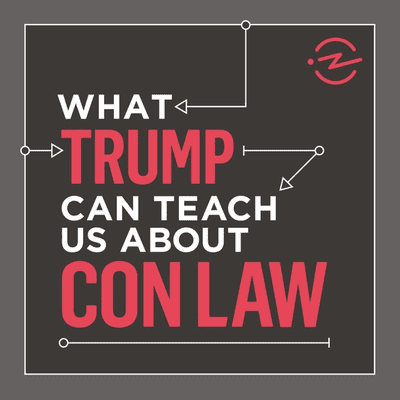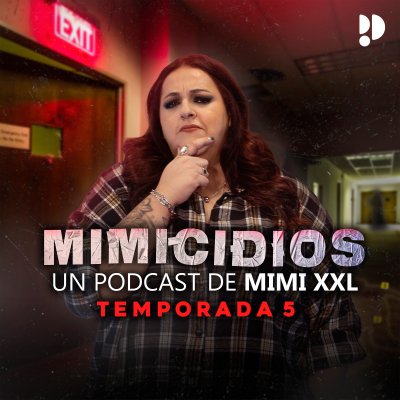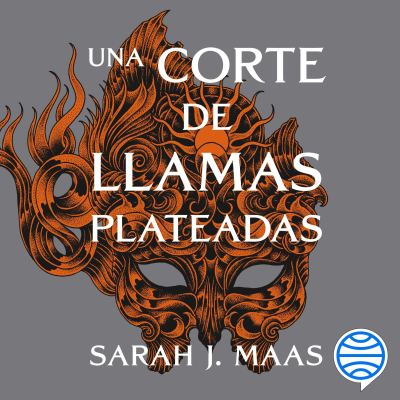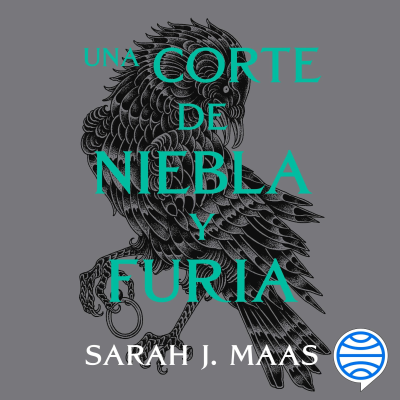
Escuchar What Trump Can Teach Us About Con Law
Podcast de Roman Mars
Professor Elizabeth Joh teaches Intro to Constitutional Law and most of the time this is a pretty straight forward job. But with Trump in office, everything has changed. Five minutes before class Professor Joh checks Twitter to find out what the 45th President has said and how it jibes with 200 years of the judicial branch interpreting and ruling on the Constitution. Hosted by acclaimed podcaster Roman Mars (99% Invisible, co-founder Radiotopia), this show is a weekly, fun, casual Con Law 101 class that uses the tumultuous and erratic activities of the executive branch under Trump to teach us all about the US Constitution.
Empieza 30 días de prueba
4,99 € / mes después de la prueba.Cancela cuando quieras.
Todos los episodios
52 episodiosOn January 6th, a mob stormed the US Capitol to try to stop the certification of the presidential election results. Many of the insurrectionists will be tracked down and charged with crimes, in part, because their cell phone placed them in the Capitol Building during the attack. The case of Carpenter v. United States is the closest the Supreme Court has come to weighing in on the matter of historical cell phone data, but the decision didn’t not offer an opinion on law enforcement’s use of a location specific cell phone tower data dump without an individual suspect in mind. This brings up questions about the way warrants usually work under the Fourth Amendment.
Following the January 6th riot on Capitol Hill, the major social media platforms banned former President Donald Trump, and many accounts related to far-right conspiracy theories. In response, conservative activists have called for the repeal of Section 230 of the Communications Decency Act, saying it would prevent ‘censorship’ of right-wing viewpoints in the future. But what does Section 230 actually say? How are the social media companies determining what can be on their platforms?
On January 13th, former President Donald Trump became the first person ever to be impeached twice by the House of Representatives. But with Trump out of office, it’s unclear if there will be enough votes to reach the two-thirds majority needed to convict him in the Senate. With the trial looming, we look at whether Trump has a good argument against the charge he incited a riot on Capitol Hill, and whether or not it’s constitutional to impeach someone after they leave office.
How Trump is failing to overturn the election and how he might use his pardon power in his final days. This episode was recorded on December 21, 2020.
In late November, most states have certified the Presidential election for Joe Biden and his running mate, Kamala Harris. But Donald Trump continues to deny the results of the election and insist (without a shred evidence) that he lost because of voter fraud. What does the constitution have to say about the transfer of power? What if Donald Trump fails to concede? What does the constitution say about the period of time after an incumbent loses but remains in power?
Empieza 30 días de prueba
4,99 € / mes después de la prueba.Cancela cuando quieras.
Podcasts exclusivos
Sin anuncios
Podcast gratuitos
Audiolibros
20 horas / mes



















